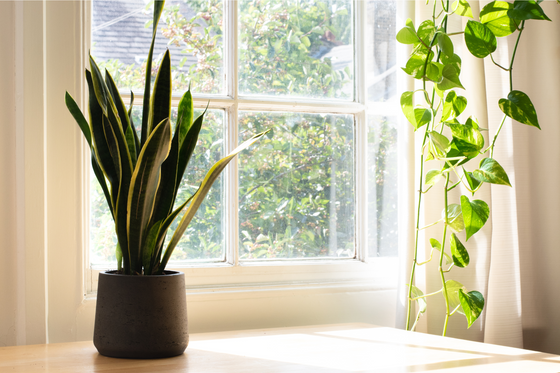If you're like many people, you've probably noticed that your sleep quality can be greatly impacted by the temperature of your bedroom. Whether it's too hot or too cold, a discomforting temperature can make it difficult to fall asleep and stay asleep throughout the night.
But what is the best sleep temperature for your individual needs?
First, it's important to understand that the ideal sleep temperature can vary from person to person. Some individuals may prefer a cooler temperature, while others may prefer a warmer temperature. In general, however, the National Sleep Foundation recommends a sleep temperature between 60-67 degrees Fahrenheit.
To determine your best sleep temperature, it's important to experiment and pay attention to how your body responds to different temperatures.
Here are some tips to help you find your ideal sleep temperature:
- Consider your personal preferences. Do you tend to feel hot or cold while sleeping? Do you prefer a cool, crisp sheet or a warm, cozy blanket? Paying attention to your own preferences can give you a good starting point for determining your ideal sleep temperature.
- Experiment with different temperatures. Start by setting your thermostat to the recommended range of 60-67 degrees Fahrenheit. If you find that you're still not comfortable, try adjusting the temperature up or down by a few degrees and see how your body responds.
- Monitor your sleep quality. Once you've found a temperature that feels comfortable, pay attention to how you sleep. Are you falling asleep quickly and staying asleep throughout the night? If not, you may want to adjust the temperature again until you find a sweet spot that helps you sleep better.
- Consider using a smart thermostat. If you're struggling to find the right temperature, consider using a smart thermostat that can automatically adjust the temperature based on your individual preferences. This can be especially helpful if you're not sure what your ideal sleep temperature is, as the thermostat can learn your preferences over time and make adjustments accordingly.
Finding your best sleep temperature can take some experimentation, but it's worth the effort. A comfortable temperature can help you fall asleep faster and sleep more soundly throughout the night, leaving you feeling refreshed and energized in the morning. So if you're struggling to sleep, try adjusting the temperature and see if it makes a difference for your sleep quality.





